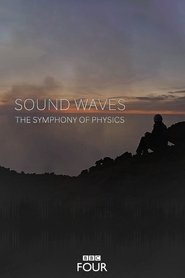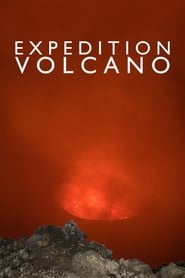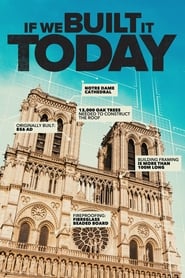
Horizon - Season 39 Episode 1
On a winter night in 373 BC, the classical Greek city of Helike was destroyed by a massive earthquake and tidal wave. The entire city and all its inhabitants were lost beneath the sea. What has bewitched archaeologists about Helike is that it was engulfed just when ancient Greece was reaching its height; when the philosophy and art that inspired the western world for thousands of years were invented. Its destruction was one of the most appalling tragedies of the classical world and most probably the reality behind the myth of Atlantis. But now, unlike Atlantis, a team of archaeologists may have found Helike - a lost city from the heyday of Greek civilisation. If it is as well preserved as everyone hopes, Helike could be a time capsule from this crucial time in human development. For centuries there had been just no sign of it. All archaeologists had to guide them were obscure and often contradictory ancient texts. So, despite numerous expeditions trawling the waters off the coast of Greece and vast amounts of money and technology thrown at the problem, no one could find anything except two small coins, unearthed over a hundred years ago. Then, in 1988 Dora Katsonopoulou and Steven Soter took up the challenge. Dora had grown up with the legend from childhood and was determined to find the archaeological treasure on her doorstep. Together they went back to basics and re-examined the ancient texts. These said that Helike had sunk into a poros, which everyone had taken to mean Gulf of Corinthe. But Dora thought that a poros could also be an inland lagoon. If she was right, the lost city which had inspired Atlantis might not be under the sea, as everyone thought, but somewhere inland. Studying the geology of the region, earthquake expert Iain Stewart argues that a large earthquake could well cause an inland lagoon. Small recent earthquakes in the region have caused ground liquefaction - a terrifying phenomenon where the ground literally turns to water beneath your feet. If the same had happened on a much larger scale then the whole city could have been plunged downwards, taking much of the city below sea level. But the earthquake in 373 BC could also have had a second more devastating effect. As well as liquifaction recent earthquakes have caused chunks of coastline to fall into the sea. If this happened on a large scale underwater landslides could cause a large wave, or tsunami. This would race across the Gulf of Corinthe, ricochet off the opposite bank and come charging back again, to crash over the sunken plain and fill in the lagoon. Dora's theory makes sense, except for one thing. There is no lagoon in the region today. There is, though, a trail of clues that explains what could have happened. An ancient bridge that is strangely nowhere near water shows how river sediment coming down from the mountains changes the shape of the plain - over hundreds of years the lagoon would have silted up, hiding the lost city beneath solid ground. A host of boreholes drilled into the plain and a remote cave with the legend attached to it have helped pinpoint where the now underground city might lie. Slowly Dora and Steven have pieced it all together, but there have been several false starts along the way. The first lot of ruins they found were Roman - a settlement built hundreds of years after Helike's disappearance to honour the famous lost city. Next they found ruins that turned out to be prehistoric - an early bronze age settlement built 2,500 years before Helike. It wasn't until 2001 that Dora and Steven at last got their breakthrough. Whilst Horizon was filming, the team uncovered ruins from classical Greece. Securely dated by coins and pottery, the team are convinced they have at last found the city they've been looking for. It will take years to uncover Helike's riches, but for the first time in thousands of years, we have glimpses of the lost city that inspired Atlantis.
- Genre: Documentary
- Studio: BBC Two
- Stichwort:
- Besetzung:




 "
"



















